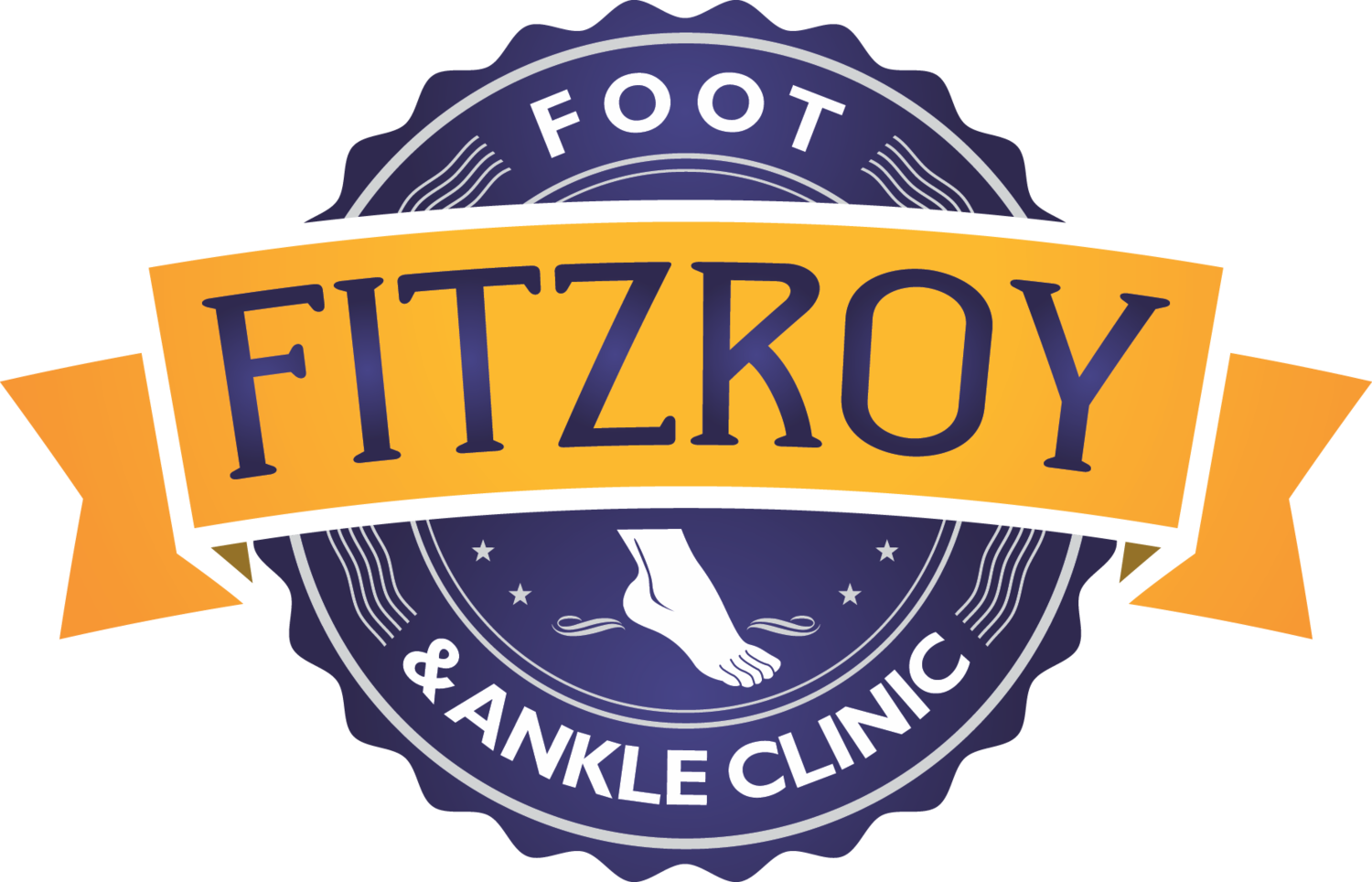What are rheumatological conditions?
Rheumatology is the field of medicine that treats conditions that affect the musculoskeletal system. Examples of rheumatological conditions include rheumatoid arthritis, osteoarthritis, psoriatic arthritis, and gout. These conditions can affect any part of the body, and they also commonly affect the foot. It is important that rheumatological conditions are primarily managed by a rheumatologist, however podiatrists have an important role to manage foot symptoms related to rheumatological conditions.
How do rheumatological conditions affect the foot?
There are three broad ways that rheumatological conditions can affect the foot. The first is by affecting joints of the foot. Conditions such as rheumatoid arthritis, osteoarthritis, and gout can cause pain in joints of the foot. In conjunction with medical health professionals, podiatrist can offer several interventions to manage symptoms associated with the joints of the feet.
The second way rheumatological conditions affect the foot is at the areas where tendons and ligaments insert onto bones. Conditions such as psoriatic arthritis and axial spondyloarthritis can affect these regions, especially where the Achilles tendon inserts on the back of the heel and where the plantar fascia inserts on the bottom of the heel. By addressing biomechanics, podiatrists can reduce stress in these structures to reduce pain and flares.
The third way rheumatological conditions can affect the foot is to cause changes to the skin and nails. Psoriatic arthritis can cause changes to the nails and skin, and other conditions such as systemic sclerosis cause skin hardening and ulceration. Podiatrists frequently manage dermatological conditions of the foot and ulceration.
Treatment for RHeumatological conditions
Corticosteroid injection
In non-responsive cases, steroid injection (also called cortisone or corticosteroid injection) mixed with local anaesthetic can be used. Our podiatrists have completed further training to prescribe corticosteroid injections. The injection is simple to administer and causes minimal discomfort.
Orthotics and footwear advice
Podiatrists can use footwear to reduce pain on joints of the feet and ankles. We are experts on footwear and can provide advice on shoe selection or how to modify shoes to reduce pain and discomfort. The footwear advice provided by podiatrists can help to improve function and allow people to continue with activity.
Podiatrists also use orthotics and other in-shoe devices (such as heel lifts) to change pressure and forces acting on the foot. This can also help to reduce pain and discomfort associated with conditions such as rheumatoid arthritis or osteoarthritis, and can also help to improve function.
Skin and nail care
People with rheumatological conditions may experience callus due to joint changes, and changes to the growth of nails. Podiatrist can reduce discomfort associated with these conditions with regular management.


